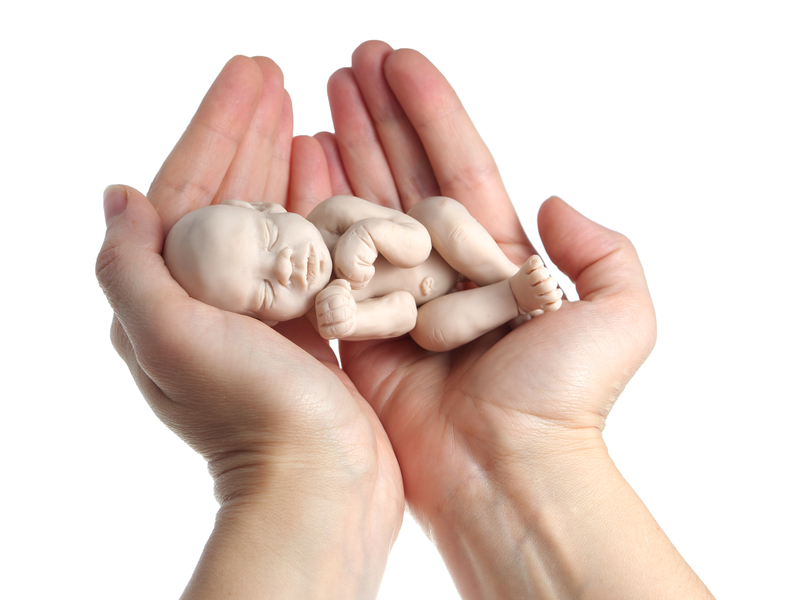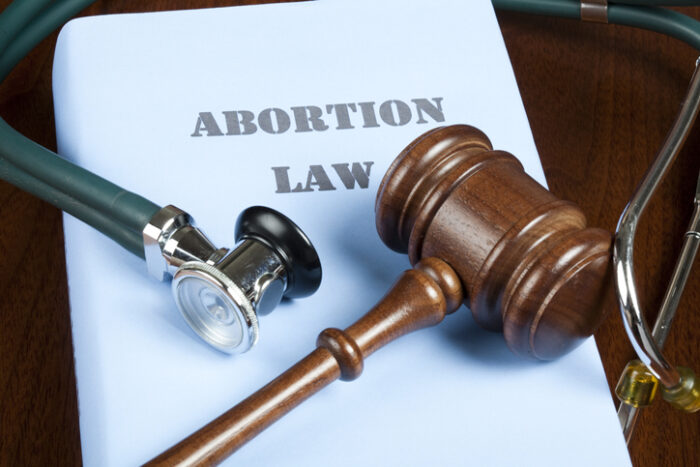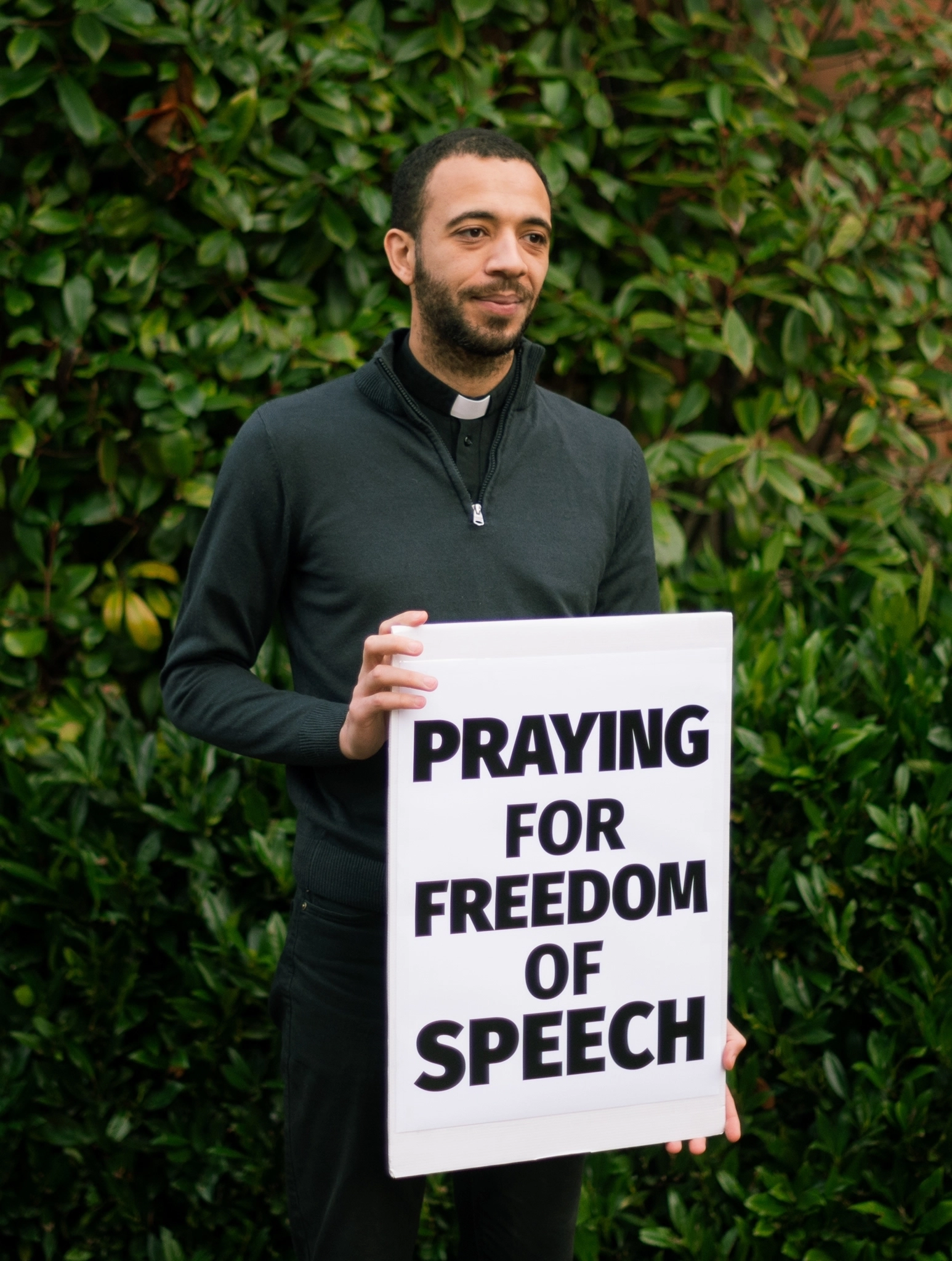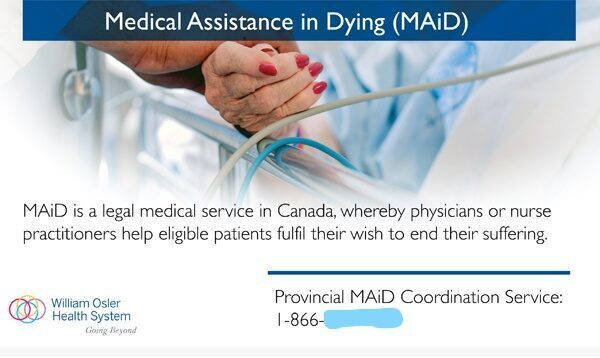
Bishop Rolando José Álvarez Lagos of Matagalpa was sentenced to more than 26 years in prison during a court hearing in Managua on Friday in the far-left ruled country where the regime has been cracking down on the Church and other critics. Pope Francis has expressed his ‘grief’ at the development.
The Catholic bishop, was convicted of ‘treason, undermining national integrity and spreading false news’, among other charges. The judge of the Appeals Court of Managua also announced that he would be fined and stripped of his Nicaraguan citizenship.
The sentence came the day after Bishop Álvarez refused exile to the United States along with another 222 detained opponents to President Manuel Ortega The group also included five priests, a deacon and two seminarians condemned to 10 years imprisonment on charges of conspiring against the government.
A vocal critic of President Daniel Ortega’s Sandinista regime is the first bishop to be imprisoned since Ortega returned to power in 2007.
The sentence comes as the crackdown on the Church in Nicaragua intensifies, with ongoing arrests of priests and closures of Church charities and agencies. In televised remarks following the verdict, President Ortega reiterated his accusations of “terrorism” against Bishop Álvarez.

A new abortion clinic of the Massachusetts-based “The Satanic Temple” ‘reproductive rights’ organisation is set to open in New Mexico.
Recognised as a tax-exempt religious organisation, it seeks to expand access to medical abortions and conducts its own abortion ritual with each procedure.
Anyone in New Mexico seeking free abortions from the organisation must go through the religious rite though what that entails is not clear.
The response from local church leaders has been unequivocal.
“The last thing we need in our state is a satanic temple from Massachusetts to offer free ‘reproductive health’ services,” New Mexico’s bishops said in a joint statement. “We shudder to think what the ‘Religious Abortion Ritual’ that they require is all about.”

Barrister Marie O’Shea was last year appointed as chairwoman of the review. Coalition sources said on Friday that the review is now expected to be submitted in “a short number of weeks”.
In January, the Department of Health said Ms O’Shea believed it was “vitally important” that key research on conscientious objection was considered before the work was submitted to Government.
The chairwoman was awaiting key research from a study, Conscientious Objection after Repeal: Abortion, Law and Ethics, carried out at Trinity College Dublin.

Having a baby through a surrogate has been illegal in Italy for nearly 20 years but Giorgia Meloni’s proposals would extend that prohibition to couples seeking to have a child in countries like the US, Canada and India where it is legal. The main destination for Irish people before the war was Ukraine.
“The penalties should apply for offences committed abroad,” the proposed law says.
Babies were being treated as “merchandise”, the backers of the new legislation said, in what was an “execrable example of the commercialisation of the female body”.
Advocates of the new law said that there had been a dramatic increase in recent years in “procreative tourism”, in which straight couples unable to have children, as well as gay couples, and single people had resorted to looking for surrogate mothers abroad.
“The recourse to this practice has dramatically increased and surrogacy is becoming a veritable business which, just to give an example, is €2 billion a year in India,” they said in presenting the draft law.

A Catholic priest in England is facing a legal battle after he was charged for breaching an exclusion zone by silently praying near an abortion clinic after it had closed for the day, in addition to holding a sign with the words “praying for free speech,”
A further charge related to parking his car, which for some time has had on it a small “unborn lives matter” bumper sticker, within the same area. The area surrounding the facility has been covered by a local Public Spaces Protection Order (PSPO), in force since November, which prohibits prayer, distributing information about pregnancy help services, and other activities deemed as “protest”.
For peacefully supporting free speech within the censorship zone, Father Sean Gough was charged with “intimidating service-users” of the abortion facility. This was despite the fact that all this happened while the abortion facility was closed.
“I pray wherever I go, inside my head, for the people around me. How can it be a crime for a priest to pray? I often pray in my head near the abortion facility, but at the time in question, I was praying for free speech, which is under severe pressure in our country today. At all times, I believed my actions to be lawful – freedom of expression, especially when peaceful, is protected in domestic and international law. It is deeply undemocratic to censor public streets, particularly those spaces where we know that many women have benefitted from peaceful offers of help about services available,” said Father Sean Gough.

A Canadian widower is sounding the alarm over what he calls a shocking and dangerous bias in the medical system toward the promotion of euthanasia for sick and elderly patients.
Richard Leskun, 75, made the charge after he said medical staff at the Abbotsford hospital “pressured” and “badgered” him to allow his wife of 50 years, Marilynn, to be euthanised.
Leskun remained at his wife Marilynn’s side nearly 24 hours a day after she was admitted to Abbotsford Regional Hospital, the result of a fall from her wheelchair.
Staff asked him five times over eight days whether they could place a Do-Not-Resuscitate (DNR) designation on his wife.
As his wife’s condition continued to deteriorate, a ‘hospitalist’ — a specialist physician assigned to the case — asked Leskun if he would agree to medical staff euthanising Marilynn.
Eventually, as his wife’s condition worsened further, a nurse informed him that a doctor had already given a DNR order without his consent.

A leading voice in sex education wants children at junior cycle level taught gender ideology, the controversial theory which says your ‘gender’ and biological sex are unrelated.
Dr Siobhan Higgins is a Postdoctoral Research Fellow in the School of Psychology, NUI Galway and describes herself as a “sexual health promoter” from a “sex positive” perspective.
Asked on Newstalk’s Breakfast show yesterday whether it was prudent to bring a matter of “heated public debate” into schools, she said, “Isn’t that a safe place to actually discuss these things, where we give our children a space, with information, non-biased information, to make informed decisions for themselves”.
She continued: “Our SPHE curriculum as it stands is outdated and our children are finding information about how to explore their sexuality which includes their gender identity from other sources. And unless we provide from the school and from parents, non-judgemental information so that they can make informed decisions, they are going to follow people like Andrew Tate.”

God could be referred to in ‘non-gendered’ terms during Church of England services for the first time, despite Jesus using words like ‘Father’, ‘Lord’, ‘He’ and ‘Him’ to describe God.
Bishops have announced they are launching a major ‘project on gendered language’ this spring.
It may suggest that priests can stop using the male pronouns ‘He’ and ‘Him’ when referring to God in some prayers, or even that they can drop the famous phrase ‘our Father’ from the start of the Lord’s Prayer.
The Bishop of Lichfield, the Rt Rev Michael Ipgrave, said: “We have been exploring the use of gendered language in relation to God for several years, in collaboration with the Faith and Order Commission. After some dialogue between the two Commissions in this area, a new joint project on gendered language will begin this spring. In common with other potential changes to authorised liturgical provision, changing the wording and number of authorised forms of absolution would require a full Synodical process for approval.”

France will become the first country to introduce a “digital certificate” for anyone seeking to view online pornography to prove they are not under age. Critics say violent porn is having a detrimental effect on both sexes.
People wanting to visit pornography websites will have to install a government application on their mobile phones proving they are at least 18 years old as part of the plan announced by Jean-Noel Barrot, France’s digital minister.
Websites that do not comply with the order risk being banned from France.
The certification process will remain anonymous and be enforced by September this year, the French government said.
While children are banned from accessing porn in France, current laws only oblige people to click on a button indicating they are over 18, with no other checks on whether they are actually adults.
The lack of other oversight is a major factor behind children accessing online pornography for the first time at an average age of 11, according to French studies.

Marriage has been linked with better overall health as a new study has been published specifically linking it to healthy blood-sugar levels.
The research, which analysed the blood-sugar levels and relationship status of thousands of people aged over 50, concluded that “marital relationships, regardless of the quality of the relationship, are associated with lower HbA1c [blood sugar] values for male and female adults aged over 50 years”.
“Overall, our results suggested that marital/cohabitating relationships were inversely related to HbA1c levels regardless of dimensions of spousal support or strain. Likewise, these relationships appeared to have a protective effect against HbA1c levels above the pre-diabetes threshold,” it said.
Citing previous research elsewhere, those behind the study said “marital relationships have been extensively associated with positive health effects”.